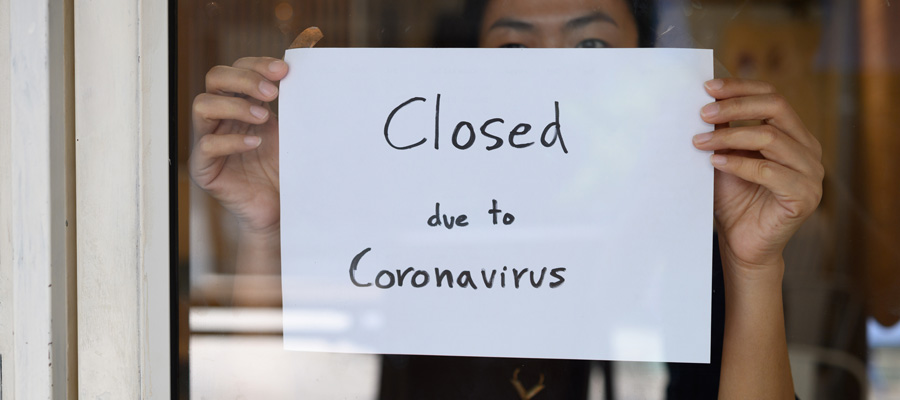
New report: A Decade of Migrant Care Worker Programs – Addressing Racism and Precarity in Canada
For more than a century, Canada has seen thousands of migrant care workers enter the country to provide much needed care work. In June 2024, Immigration, Refugees and Citizenship Canada announced impending new pilot programs for migrant care workers. While the announcement brings hope that “new pilot programs will provide home care workers with permanent residence on arrival in Canada,” this report identifies persistent problems with Canada’s migrant care worker programs and demonstrates why permanency upon arrival is a requisite for necessary program changes. Given the ongoing and structural issues of Canada’s migrant care worker programs, the newest pilot programs will also need other critical improvements to ensure dignified work and meaningful inclusion for much-needed care workers in Canada.



